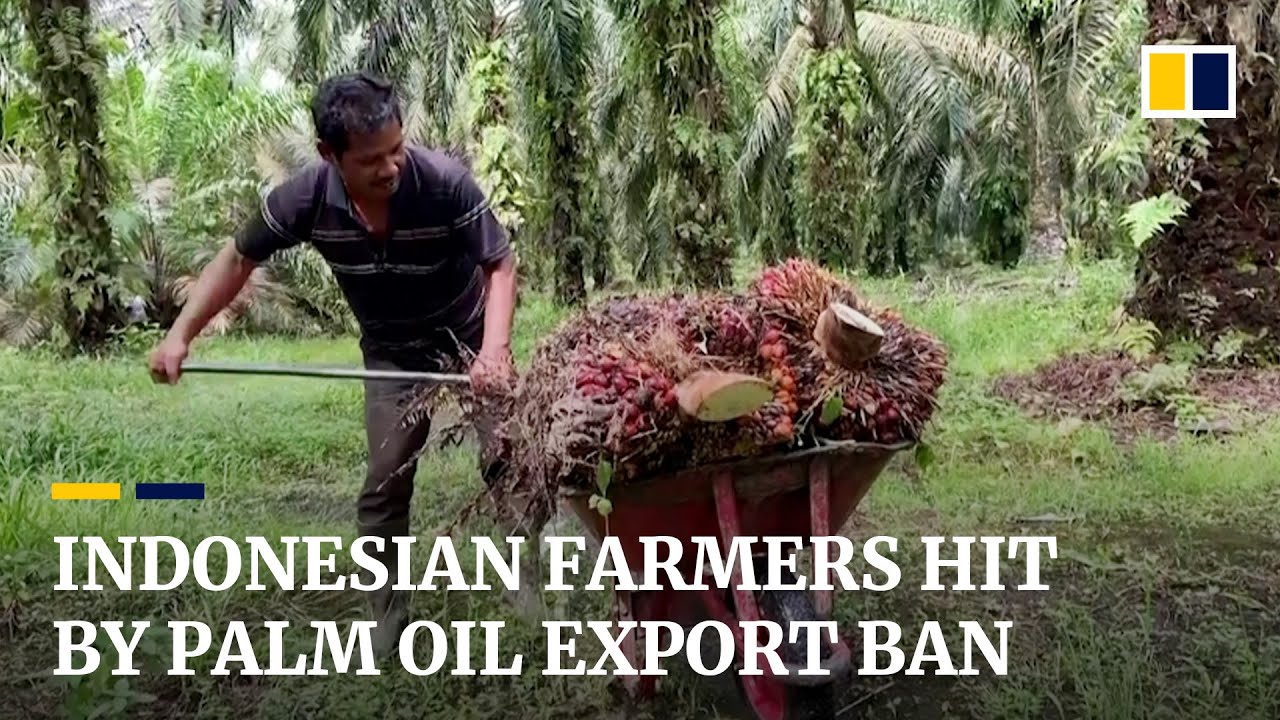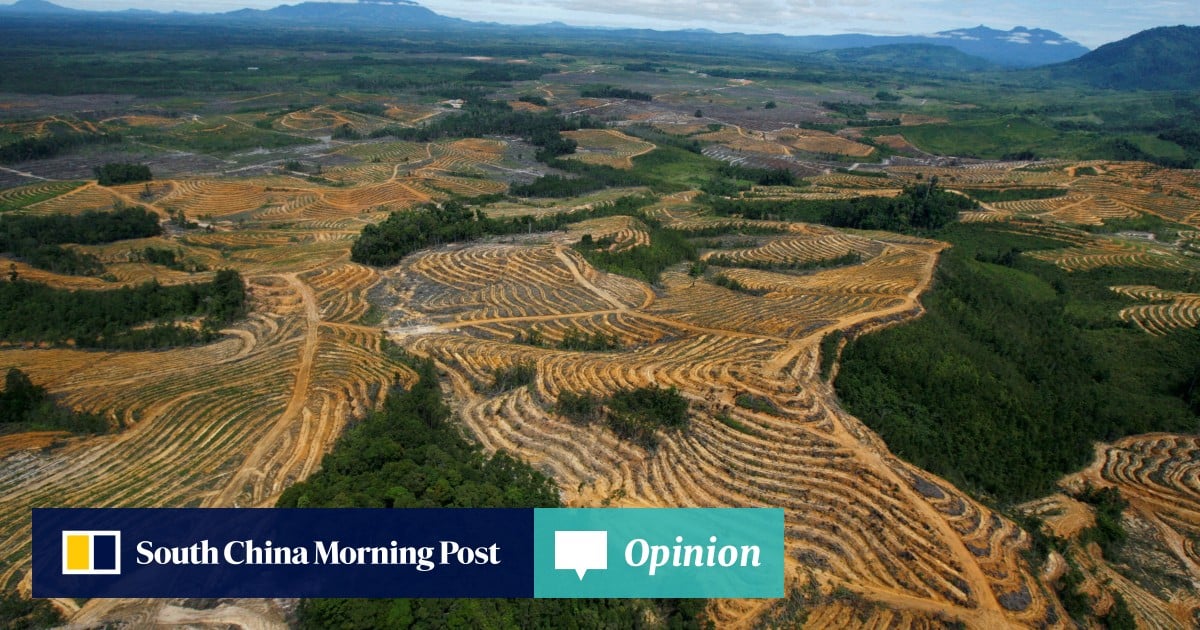Europe is once again embroiled in a prolonged argument over how to keep deforestation-linked timber out of its markets. The European Union’s deforestation regulations, once promoted as a bold step forward, have instead become a symbol of hesitation and uneven political will.Some governments want delays and others push for exemptions, creating persistent uncertainty. For Asia, observing this from afar, the indecision carries more consequence than might initially be apparent because the region remains deeply influenced by Europe’s shifting regulatory direction and political mood.A report released last month by investigative journalism group Earthsight illustrates why relying on Europe is risky. In Indonesia, large areas of natural forest can still be cleared legally inside plantation or mining concessions. Timber extracted during this clearance is labelled legal and easily processed into products bound for export. Everyone in the supply chain benefits from this efficiency except the forests, which continue to disappear under a framework that looks orderly and compliant on paper while enabling extensive environmental loss across vulnerable landscapes.
In some concessions, the speed of clearing has been staggering, eliminating tens of thousands of hectares within only a few years. This destruction removes orangutan habitats, displaces Dayak communities and releases substantial carbon emissions. These impacts are felt entirely within Asia, while Europe’s involvement remains limited to distant debates and shifting regulatory moods that do little to address on-the-ground realities.
This imbalance matters because Asia is among the world’s most active timber markets. China’s timber sector has expanded through most of 2025, with rising production and steady new orders. Cumulative imports reached 37.5 million cubic metres by August despite a yearly decline. Japan and South Korea remain heavily reliant on imported wood, while Southeast Asian demand grows through ongoing construction booms. If European rules tighten, the timber trade will merely flow more heavily into Asian markets instead of stopping.

03:05
Indonesian farmers hit by palm oil export ban, imposed to curb shortage
Indonesian farmers hit by palm oil export ban, imposed to curb shortage
As the effects of the new EU rules reshape global demand, timber is echoing a pattern seen in other commodities such as palm oil and rubber, where European demands pushed exporters to seek other markets with less stringent rules. Many Asian markets still lack strong, mandatory traceability systems. China has no full chain-of-custody requirement, while Japan and South Korea require documentation of legality but not detailed or highly verifiable harvesting information.
